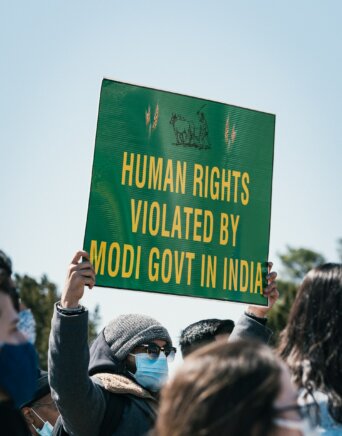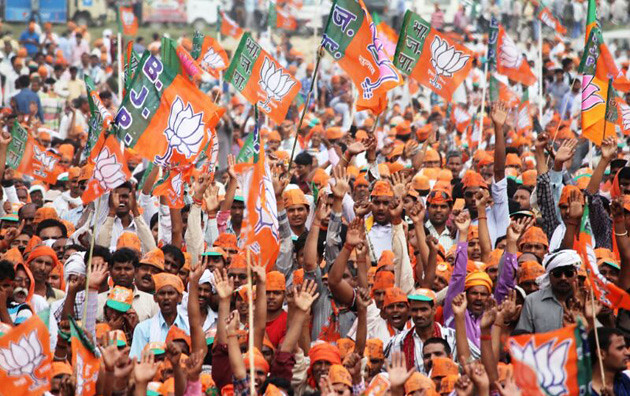- About
- Topics
- Picks
- Audio
- Story
- In-Depth
- Opinion
- News
- Donate
- Signup for our newsletterOur Editors' Best Picks.Send
Read, Debate: Engage.
| topic: | Humanitarian Aid |
|---|---|
| located: | India |
| editor: | Tish Sanghera |
Oxfam India has become the latest NGO to have its foreign funding licence revoked by the Indian government. The global charity joins a group of local and international organisations, including Amnesty International, Greenpeace India and the Lawyers Collective, whose access to international funds is now restricted - a move with potentially devastating consequences for their normal functioning, as well as that of the thousands of grassroots organisations which depend on them.
As per an amendment to the Foreign Contribution (Regulation) Act (FRCA) made in 2020, NGOs are required to disclose their funding sources and prove their compliance with the new law to continue to receive international donations. This includes proving that their work is not “political” and does not harm “public interest” or “national security” - suitably vague terms that could potentially cover a myriad of activities.
Critics have noted that the organisation being targeted specialise in the environmental or human rights sectors, which are deemed particularly ‘sensitive' for the current Modi-led government as they often show India in a poor light on the international stage. Michelle Bachelet, the UN High Commissioner for Human Rights, expressed concern that the FRCA is being used to “deter or punish NGOs for human rights reporting and advocacy.”
This is not the first time the government has targeted foreign NGOs operating in India. In 2015, Greenpeace, who was campaigning against the construction of coal mines in densely forested tribal areas, found its bank accounts frozen, forcing them to let go of staff and close their offices. Priya Pillai, a senior Greenpeace team member, also had her passport taken from her at the Delhi airport and was banned from flying to the UK to give testimony in Parliament on the damaging effect of the proposed coal mine. A leaked intelligence report later claimed that Greenpeace, and similar organisations, were “stalling development.”
Since then, the government’s intent to quash such ‘interfering’ NGOs has only intensified. In 2020, Amnesty International closed its India operations after suffering what it described as a government “witch hunt.” As perceived punishment for releasing reports on the Indian government’s human rights violations in Kashmir, which crushed dissent and free speech, Amnesty was harassed via tax raids and sedition cases lodged against them.
The actions against these NGOs should be viewed alongside the recent declarations by Modi’s national security chief, Ajit Doval, who purported that NGOs are “the new frontiers of war,” suggesting they “can be manipulated to hurt a nation’s interests” and should be brought under control.
Indeed the government appears to be winning its self-declared war. Between 2016 and 2021 there was a 30 percent decline in international funding for nonprofits in India, according to Bain & Company.
India’s government has decided that these organisations are not required in its vision of ‘New India’ - one where groups that promote voices calling for liberal, rights-based governance are seen as a threat. The world’s largest democracy has rather incongruously put itself in the company of countries like Russia and China. But at a time when India is facing the crippling effects of the COVID-19 pandemic and a long-running economic downturn, it is hard to see how the poorest and most vulnerable will not suffer as a result.
Photo by Gayatri Malhotra

